Sound Rich Listening
Masako Fukui • 21 October 2022
Do you have a favourite author or authors? Maybe you revel in their eloquent turn of phrase. Or perhaps the themes they explore illuminate humanity in a way that challenges or excites. I suspect you admire their skill, their artistry, their strong sense of their own voice.
I have favourite audio producers I look up to for similar reasons. And I think of them as shokunin, a Japanese word that defies literal translation but is perhaps a cross between a professional, a craftsperson, and an artisan. Audio producers need to have mastered an array of technical skills – from mic technique to editing, sound design to sound engineering – and be able to write tight but lyrical scripts. They must be engaging interviewers or narrators as well. And to make sound-rich, beautifully crafted audio stories like the ones I’ve selected, they also need to be creative and bold.
As Siobhan McHugh says in The Power of Podcasting, it’s 'relatively easy to make a podcast. It’s much harder to make a great one'. For each of these stories I want to share with you, I highlight at least one audio storytelling skill that makes them truly great.
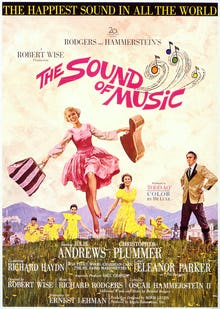
Von Trapped
Natalie Kestecher, Third Coast International Audio Festival, April 2001
Producer Natalie Kestecher pushes the boundaries of audio storytelling in this humorous yet poignant commentary about the rise of anti-Semitism in Austria earlier this century. She injects herself into the story as a fictional protagonist obsessed with the movie The Sound of Music and infatuated with Captain Georg Von Trapp. If the aim of a documentary is to highlight an emotional truth, then this device works because it’s so easy to identify with the fictional Natalie, who guides us along a narrative arc that both surprises and entertains.
(First aired on ABC RN)
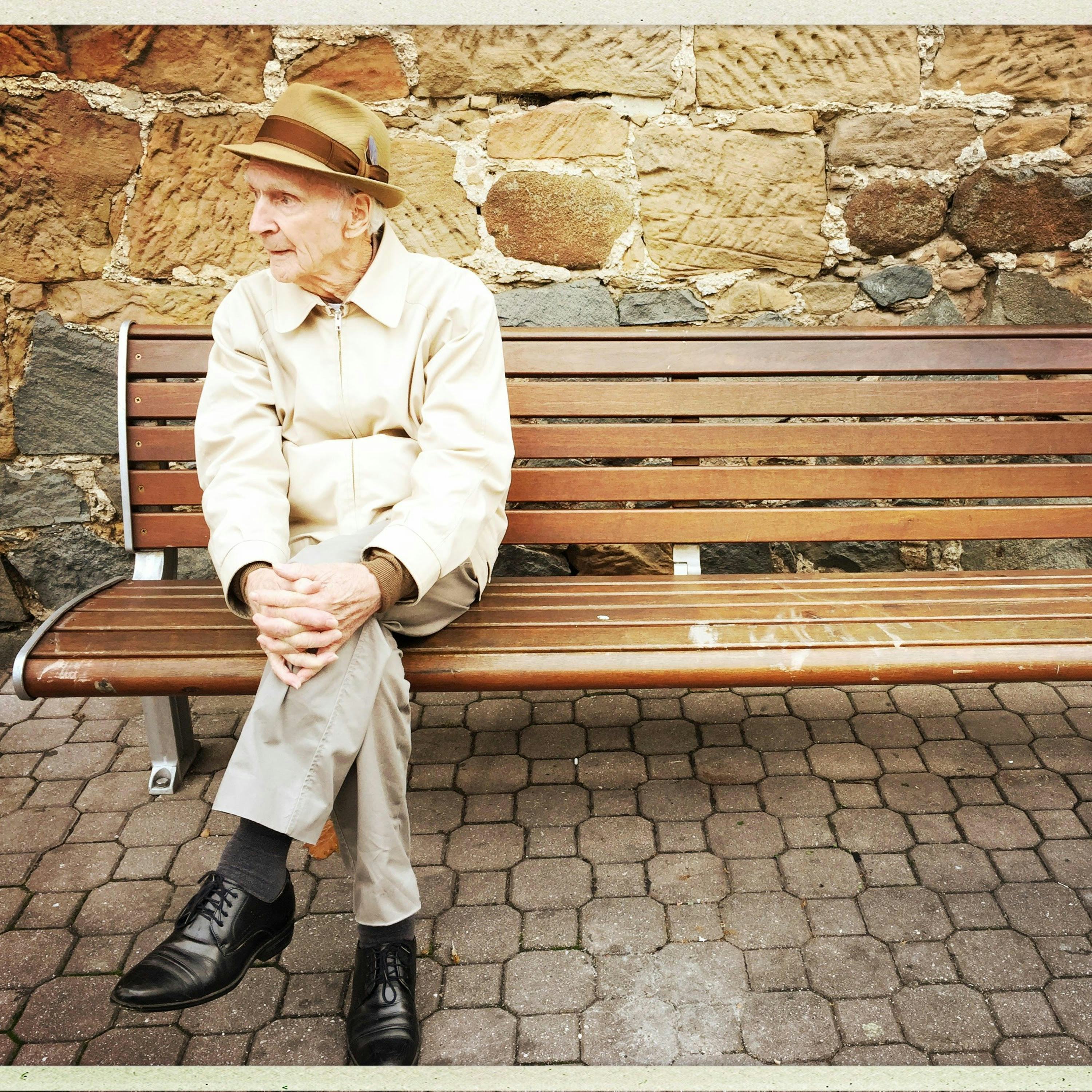
The Memory of Your Presence Here
Helene Thomas, The Wayfinder Mobile Storytelling Studio, October 2015
I would’ve had you…I knew I would, you’d be mine…you’d be my girl.
This is the sublimely captivating story of mutual attraction between producer Helene Thomas and 'John', forty years her senior. Every second of audio, including the delicate and melancholic music, is chosen to shed light on John. Even Helene’s narration in the first person reveals little about Helene, but serves to make John’s love shine even brighter. His love for Helene exudes purity in its intensity. For its compact length, this story feels expansive. And if you allow yourself to be held in this sonic space, it’s impossible not to be touched by love.
Listen to the heartbreaking sequel, My Last Wish, if you dare…
(Photo by Helene Thomas)
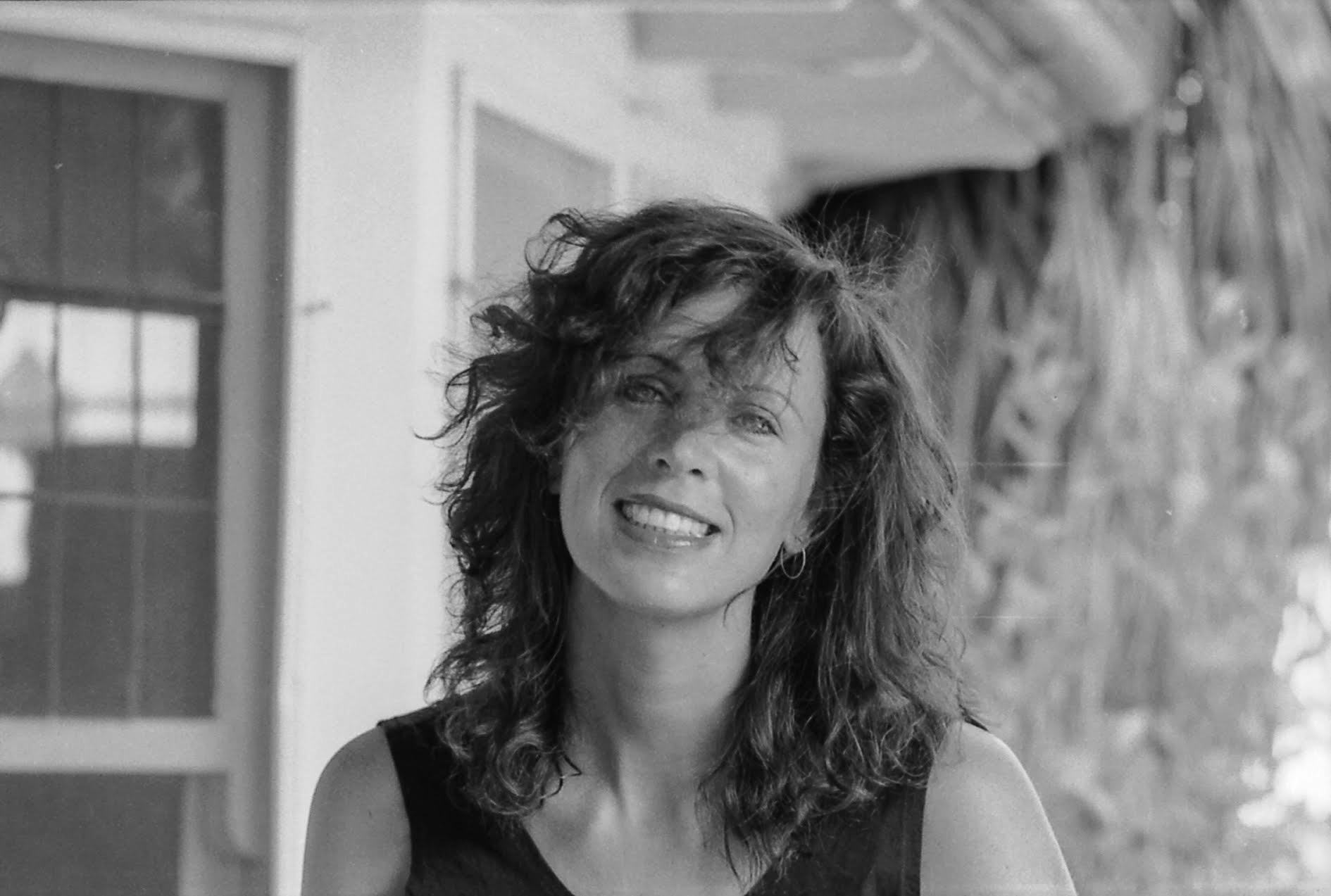
Easy Love
Jaye Kranz, Earshot – ABC RN, July 2015
There’s so much to admire about Easy Love – the whimsical beginning, the evocative music, the precise measure of the ambient recordings and acoustic textures, the circular structure…but most of all, I want you to focus on producer Jaye Kranz’s narration style. It’s unintrusive, concise, and the tone is pitched just so. Jaye’s confidence in her craft makes this story feel effortless, but I know a lot of thinking went into making this sound so organically elegant. And if you need evidence of this, just peruse Jaye’s Behind the Scenes interview with Third Coast Audio Festival in Chicago.
(Photo by Warren Kirk)

Tokyo's Burning
Tony Barrell, Radio Eye – ABC RN, March 1995
Tony Barrell, who died in 2011, contributed a distinctive voice to Australian radio. He subverted norms of realist documentary by fusing pop culture with serious political analysis, for example. But of his vast back catalogue, I’ve chosen to feature Tokyo’s Burning – a more conventional documentary about the WWII firebombing of Tokyo – in the hopes that it will be canonised as a 'classic'.
This feature combines factual exposition in the form of witness accounts and reportage, blended with a haunting soundscape created by Russell Stapleton. The voices float above a persistent drone, signalling impending doom, demonstrating that sound design is not just 'decoration' or to oil the wheels of the narrative, but rather, conveys meaning. Everything in a sound-rich story is 'information', even, or perhaps especially, silence. This documentary won the Oscars of radio, the Prix Italia in 1995.
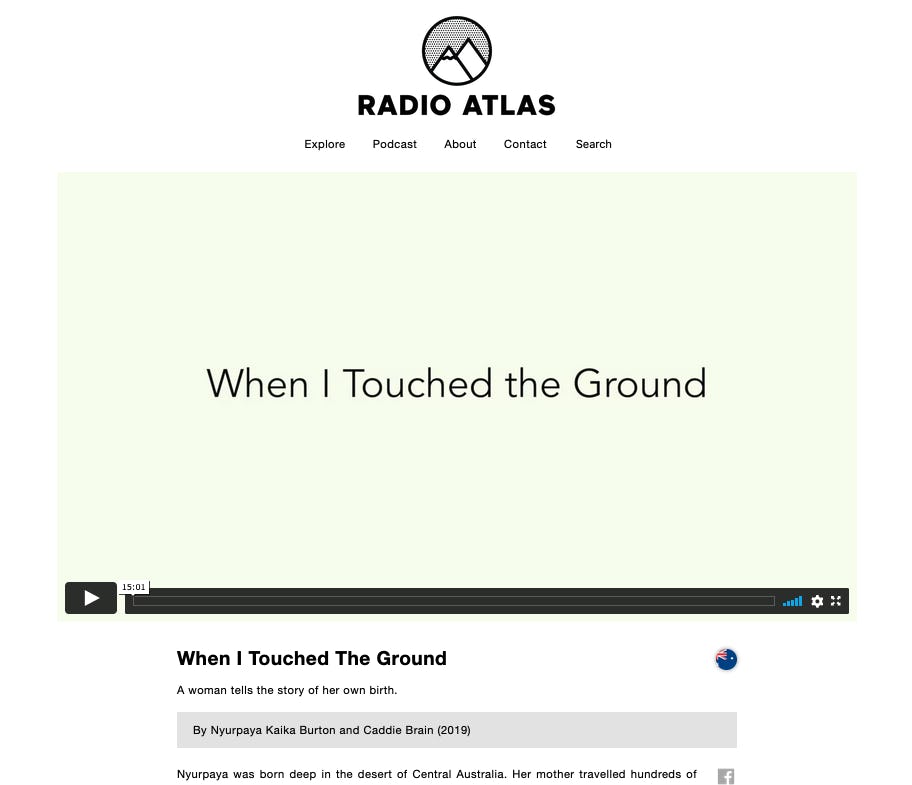
When I Touched the Ground
Nyurpaya Kaika Burton & Caddie Brain, Tjala Arts via Radio Atlas, 2019
Told in Pitjantjatjara, this story begins with the generous invitation, 'Ai, do you want to see my homeland?' And I feel so privileged to experience this via Radio Atlas, a website screening English subtitles of audio stories from around the world. This is the story of Nyurpaya’s birth, and the binaural soundscape is like another 'character' in the story. This would be very different listening if English translations were dubbed into the mix, which is the norm in Australia, to centre English. I recommend multiple listens, once with your eyes open to read the words on screen, but also with eyes closed. Every subsequent listen, I discover a new richness. Like all great audio stories, this transports us to a different dimension. When I Touched the Ground is transcendent.
(Translation by Linda Rive. Producing organisation: Tjala Arts)
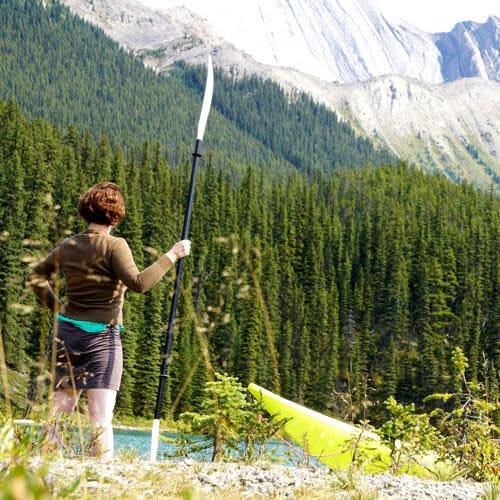
When the People Sing
Emily Bissland, SONOHR Radio and Podcast Festival, February 2020
I applaud the audacity of Emily Bissland. She travelled the world – from Warrnambool to Canada to Switzerland – to find an answer to the question: can singing together heal our hearts? There’s so much joy in this audio piece – but there’s light and shade too, and I dare you to listen without belting out a few lines from Toto’s Africa. This longer story holds together and keeps us engaged throughout because every scene speaks to Emily’s central question. I admire that immensely. It’s easy for producers to lose track of what their stories are about, trust me...

Piano Lessons, Sliding Scales
Kaye Mortley, Raidió Teilifís Éireann, October 2007
Producer Kaye Mortley has such a distinctive audio aesthetic. This story’s subject defies categorisation – it’s about piano playing, yes, but it’s also not about piano lessons at all. In an interview with academic Virginia Madsen, Kaye says the 'subject is a pretext for something bigger than the subject'. I’m going to take a leap and reinterpret this – all audio stories need to illuminate the human condition.
What astounds me most about this story is the editing – how the voices and other sonic elements collide and challenge each other, or combine to make new 'music'. That’s a skill and an art. Kaye is a true shokunin.
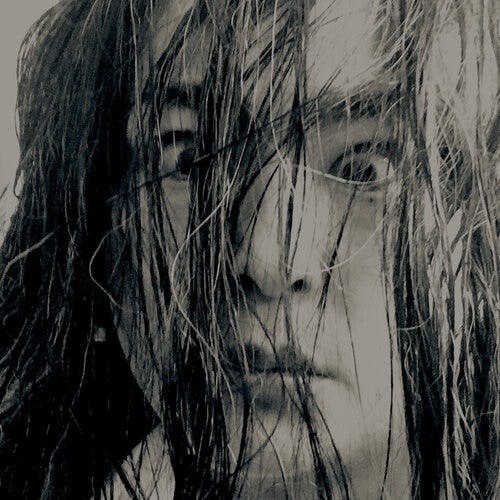
By the Guest Editor: The Cut
Masako Fukui, Strange and Beautiful Things, September 2016
This issue of The Circular was brought to you by Masako Fukui.
To conclude, we'd like to share her piece on long, thick, black hair – its symbolic significance in Japanese culture and how her relationship with her own locks has changed over time.
Hair has to be controlled because this power, this energy, is potentially dangerous.
(First aired on ABC RN)
Masako Fukui is an independent audio producer, writer, and bilingual journalist. She was born in New Delhi and has lived in Japan and Australia.